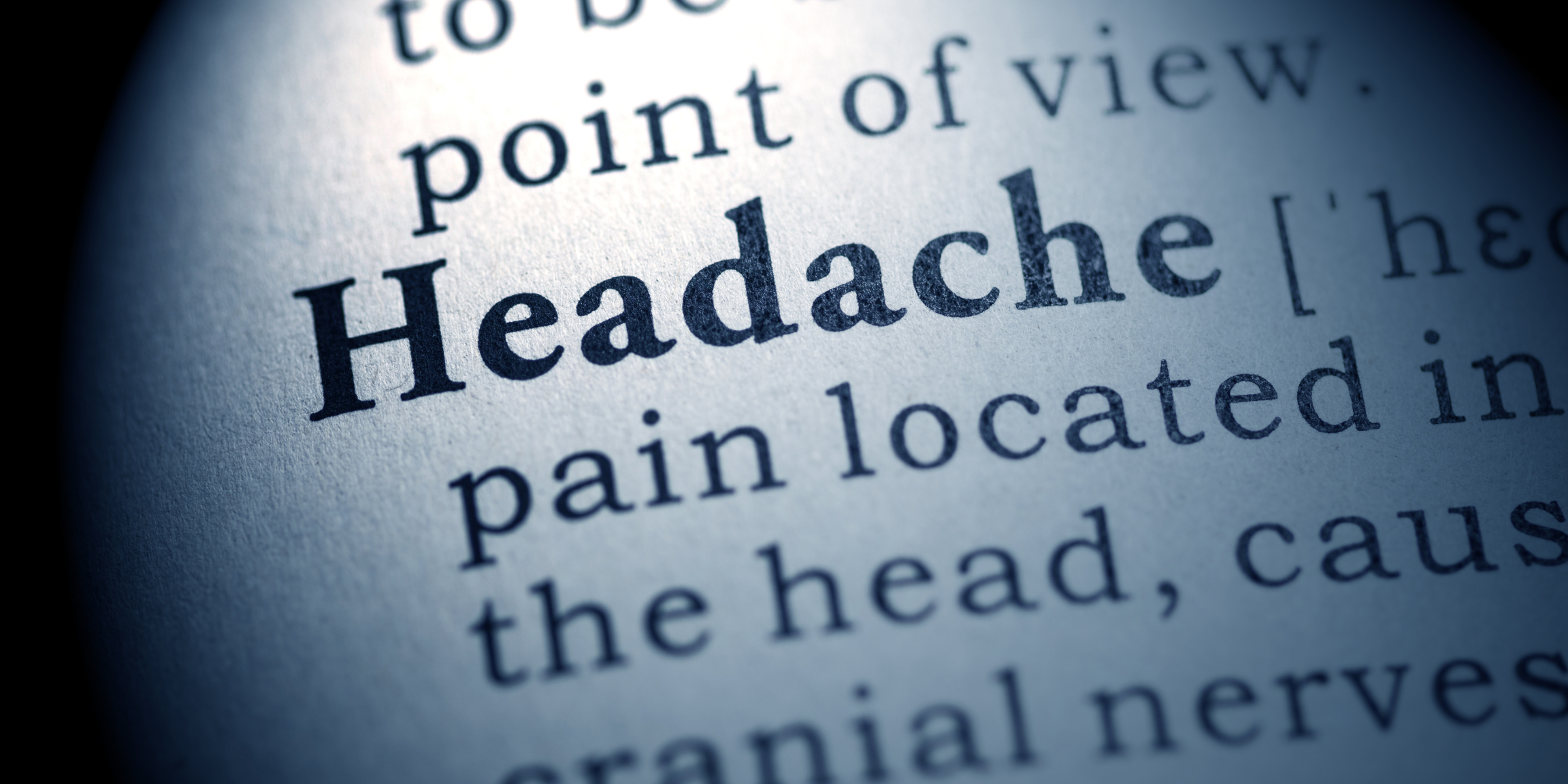April is Parkinson’s awareness month!
One of the less frequently discussed, but very important topics related to Parkinson’s Disease (PD) is how the condition can impact swallowing. PD is neurological disorder which primarily affects motor function. That is to say, it is a movement disorder.
While we commonly think of the obvious symptoms that a person with PD might be faced with – shaking, stiffness, tremor, unsteady gait; it can also affect the less obvious movements that are required to facilitate an effective swallow.
Swallowing is actually a rather complex process whereby a series of events needs to occur between the brain and the muscles or the mouth, tongue, throat, and esophagus. When something consistently goes awry in this process and causes difficulty swallowing it is known as “dysphagia”.
There is a lot of behind the scenes work happening during the process of eating and drinking and someone with dysphagia may be experiencing an issue in any of the complex phases. One prime example is this: Usually when someone takes a sip of water, the brain is able to quickly close off the airway at the right time to facilitate a safe swallow. In someone with dysphagia, this airway closure may not occur at the right time. This is similar to when you take a drink of water and experience the sensation of it “going down the wrong whole” which causes coughing, perhaps spitting up some of your beverage, and subsequent discomfort or embarrassment. Now imagine if this happened all the time. Alternatively, sometimes the challenges may occur in the coordination of moving the chewed up food to the back of the throat, the initiation of the swallow (the “gulp” which takes significant muscle coordination), or it may even occur during the complex motion called peristalsis which is how food is transported down the esophagus.
Common symptoms of dysphagia to look out for include: frequently coughing or clearing throat while eating, wet/gurgly voice during or after meals, difficulty swallowing or feeling like there is a “lump in your throat”, trouble keeping food or fluids in the mouth (drooling), or frequent unexplained bouts of pneumonia.
Ultimately, if you are experiencing these symptoms you should request further assessment such as a modified barium swallow and/or consultation with a speech language pathologist.
Dietitians can also help! Did you know that dietitians have the tools and resources to help with suggesting appropriate dietary modifications? While changes to food texture (eg. Minced or pureed) may be helpful, one of the coolest (in Tiffany’s opinion) modifications which can help with dysphagia management is the thickening of fluids. Remember when we talked about how sometimes the brain can’t close off the airway quick enough which may result in a coughing/choking episode while drinking fluids? Fluids can be thickened to various consistencies depending on dysphagia severity using thickening agents. This helps to slow down how fast a fluid flows from the tip of the tongue to the back of the throat, thus allowing airway closure and preventing the choking sensation and decreasing risk of aspiration.
For some people with PD, food and fluid modification is key to preventing dehydration and malnutrition, and by now most of our readers probably already have some idea about how important these things are for reducing complications, delaying disease progression, and just feeling better!
To see real-life demonstrations, and get some free samples, come and see Tiffany at the clinic! She would be happy to help you find modified food and fluid solutions that work for you!




